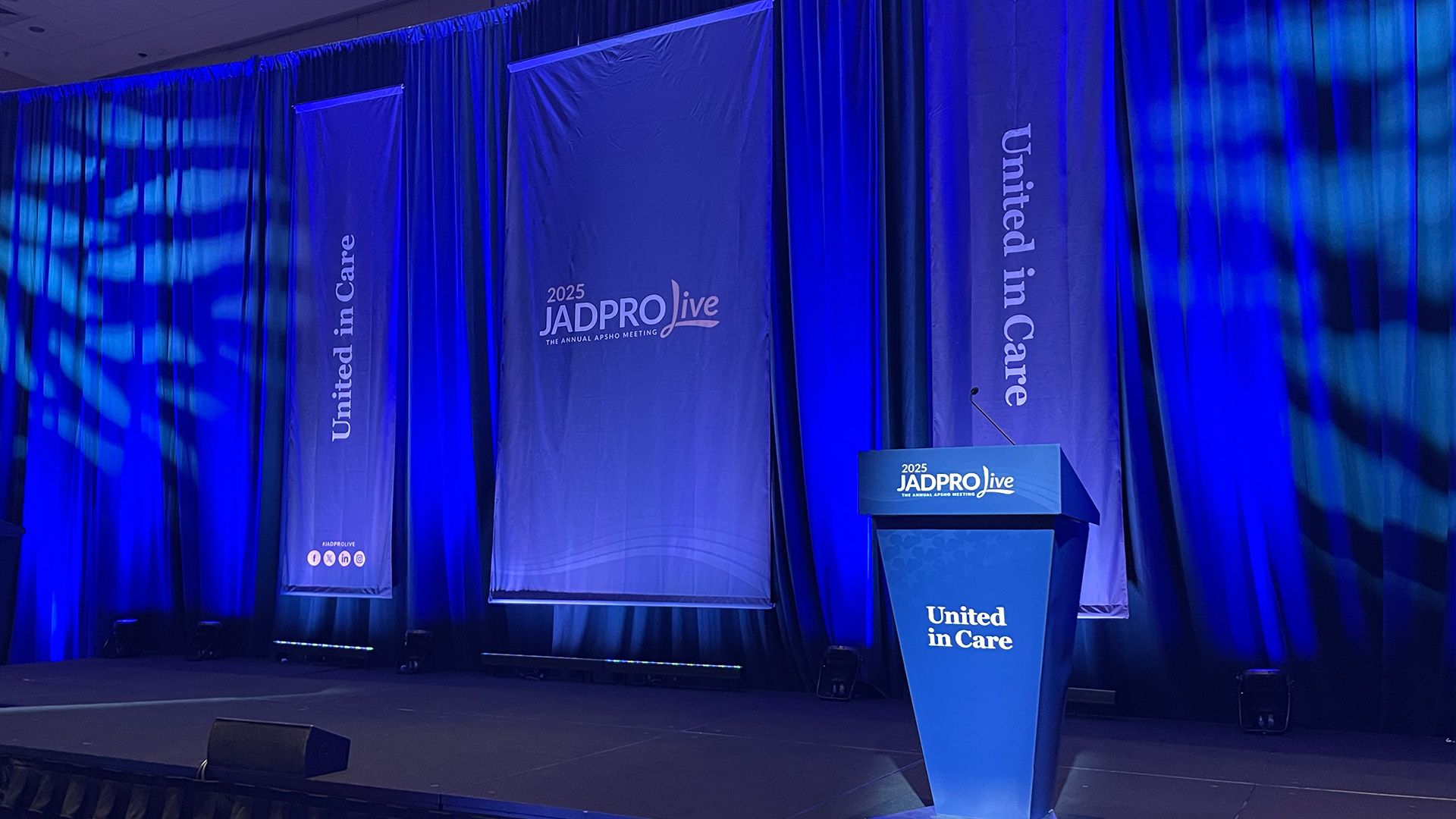
The “Owners” and “Managers” in the Peer-to-Peer Process: What an APP Should Know

Paola Gonzalez, MPAS, PA-C, explains how third-party vendors shape insurance guidelines and what oncology APPs should know when navigating peer-to-peer reviews.
Insurance navigation remains a complex but essential skill for oncology advanced practice providers (APPs). According to Paola Gonzalez, MPAS, PA-C, the key to successful peer-to-peer discussions lies in understanding who truly controls clinical guideline decisions and how those frameworks are applied in patient care.
In an interview with Oncology Nursing News about her presentation on the APP role in the peer-to-peer process at JADPRO Live 2025, Gonzalez used an analogy to explain that major insurance companies, such as United Healthcare, Aetna, and Blue Cross Blue Shield, operate much like team owners who set budgets for third-party vendors, including EviCore, Carelon, and Evolent.
These vendors act as managers who translate budgets into operational rules, often using a mix of resources such as the National Comprehensive Cancer Network (NCCN) and disease-specific guidelines such as those from the American Thyroid Association (ATA). However, Gonzalez noted that the resulting criteria sometimes diverge from the NCCN standards that oncology providers typically follow.
Understanding this dynamic can help APPs better anticipate and navigate peer-to-peer interactions and appeals. Gonzalez emphasized that when providers engage in a peer-to-peer review, they are often speaking with the vendor rather than the insurer, which can influence strategy and outcomes.
Transcript
When we think about our insurance companies, we think about [United Healthcare], Aetna, and Blue Cross Blue Shield. These are like the owners of your baseball team—now that we’re in the World Series, right?
Then you have your managers, who are directing the players. What companies like United, Blue Cross Blue Shield, and Aetna do is set a budget for these third-party vendors, which are usually EviCore, Carelon, and Evolent. [Those third-party vendors] are the managers of the team, so they basically manage the money and create the guidelines based on clinical guidelines.
Usually, for oncology, they’ll use NCCN. If it’s thyroid, they’ll use the ATA guidelines. They’ll use journal articles and essentially come up with a hodgepodge of guidelines to use for patient care, for both initial restaging, survivorship moments, but these are guidelines that don’t always fully align to [those of] NCCN, which is what we follow as providers.
That’s basically how it works: The big companies give the money to these third-party vendors. These third-party vendors are essentially the ones that manage all the benefits, and they are the ones that we’re talking to when we’re doing the peer-to-peer [reviews]. When we do an appeal, the appeal goes right up to the owner of the team. That’s one thing to differentiate when we’re looking at these processes for financial awareness.
This transcript has been edited for clarity and conciseness.
Newsletter
Knowledge is power. Don’t miss the most recent breakthroughs in cancer care.


































